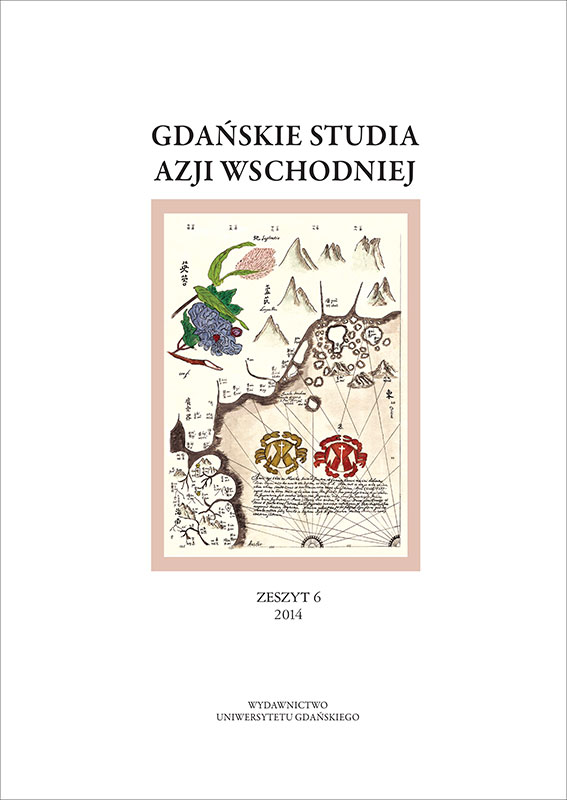Neokonfucjanizm – czy Chiny mogą stać się liberalną demokracją?
Neo-Confucianism – Whether China can Become a Liberal Democracy?
Author(s): Jakub PotulskiSubject(s): Politics / Political Sciences, Politics, Social Sciences, Political Theory, Sociology
Published by: Wydawnictwo Uniwersytetu Jagiellońskiego
Keywords: Neo-Confucianism; China; liberal democracy
Summary/Abstract: Along with the rapid development of Chinese economy people are more interested in what will be the Chinese contribution to the reconstruction of the world culture. This article presents Neo-Confucian intellectual project and contemporary problems of Neo-Confucian political philosophy. Confucianism is a very important part of Chinese culture. For the most of Chinese history Confucianism has been associated with an immutable hierarchy of authority and unquestioned obedience. At the time of Hundred Days Reform of 1898 and during the May Four Period Confucianism was criticised. During this period the beginning of Chinese liberalism can be noticed. Chinese liberal thought was identified with anti-Confucianism, science, democracy, liberty, progress and the vernacular movement. The New Culture intellectuals of the early twentieth century blamed Confucianism for Chinese weaknesses. In the People’s Republic of China Confucianism was replaced by Maoism as a new official state ideology. Nowadays, we can see again a return to the Confucian philosophy. The revival of Confucianism in China and other Chinese-speaking countries appears in the form of Neo-Confucianism. In contemporary China we can see a discussion about Neo-Confucian relevance and its possible advantages over political liberalism – the dominant philosophy in the West today. The question is whether Neo-Confucianism can offer “the third-way” or “the Chinese way” of development in the global era.
Journal: Gdańskie Studia Azji Wschodniej
- Issue Year: 2014
- Issue No: 06
- Page Range: 34-47
- Page Count: 14
- Language: Polish

